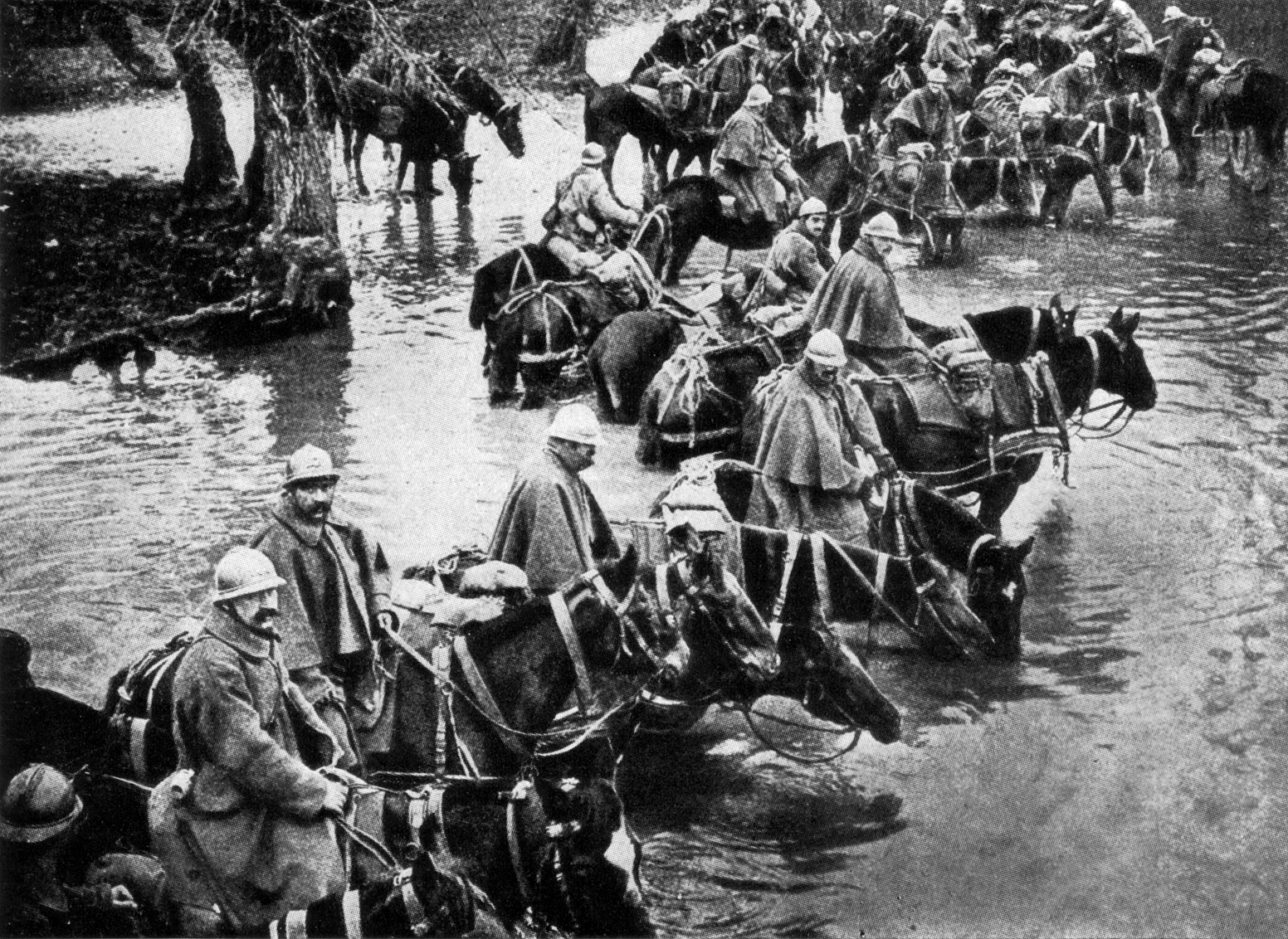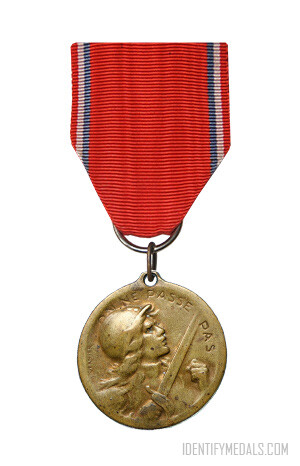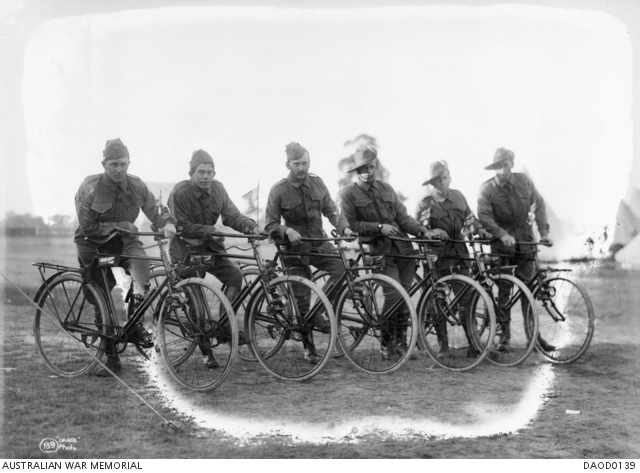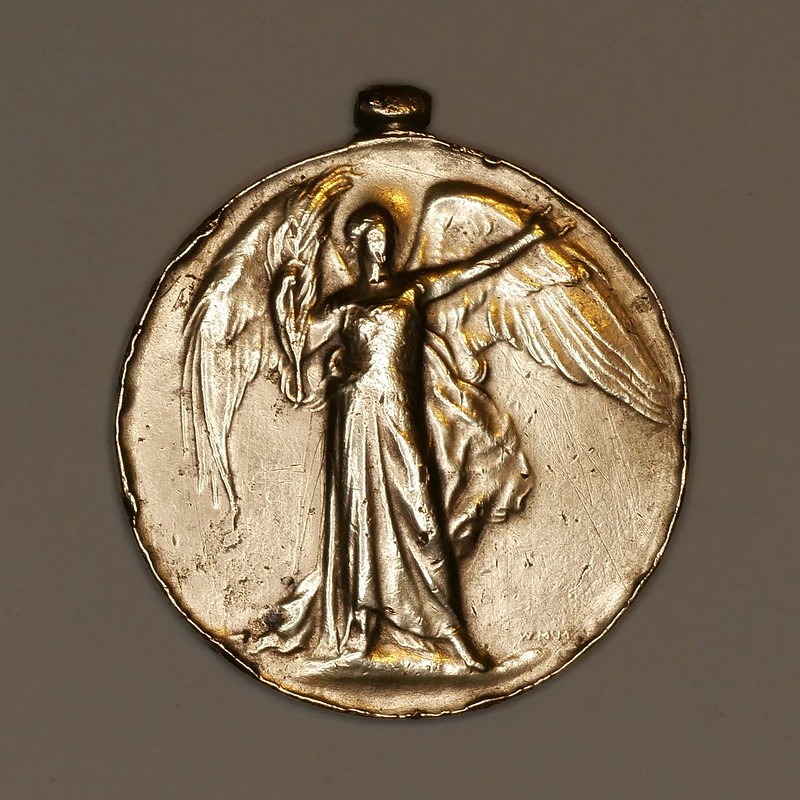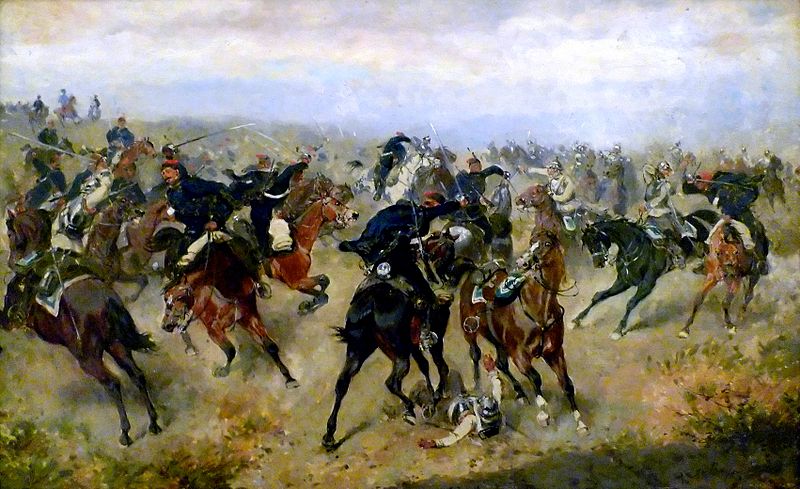1915 could have been the turning point of the First World War. What if the German leadership decided to attack further in Russia or choose a different spot on the Western front? Did they really had a chance of choosing which way was the best for 1916?
Which way to go?
he German leadership had multiple options. They could continue to attack and desorganize the Russians or try and break through the French front. The first solution was nearly impossible to achieve; Russia was far too wide and backward for the fight to continue in the country. The war would have been lost, not just because the Russians were fierce fighters, but mostly because of attrition and lack of communications on the front.
Erich Von Falkenhayn, the chief of the German General Staff, had to take the decision to move west. He had to choose the perfect location for the troops to attack and pierce the french lines. Even though most successes by the German Imperial Army were happening on the East, the Western Front was the perfect spot to do something big. It had to happened in France.
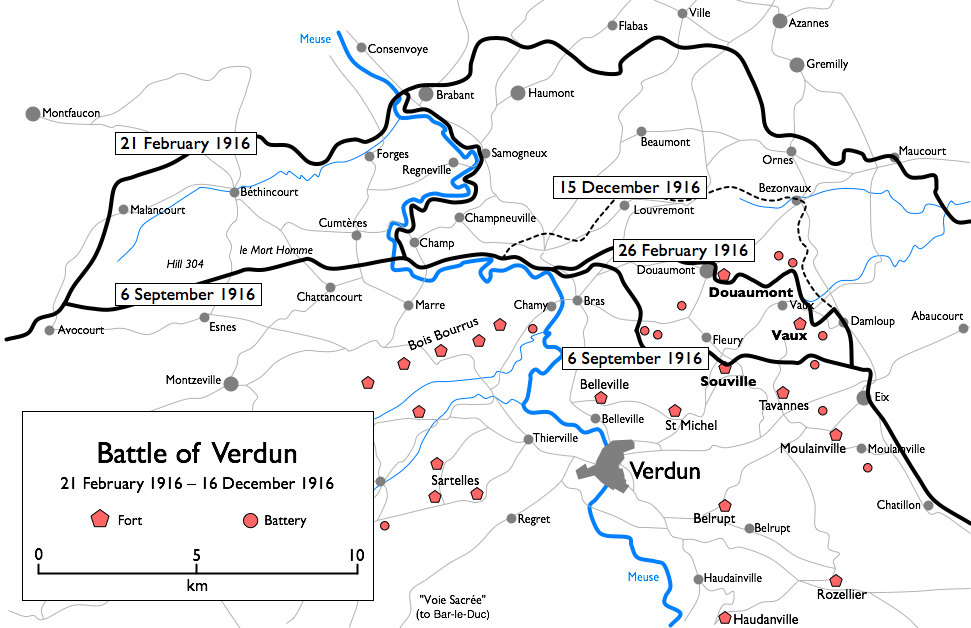
Verdun, the ideal location?
The German General Staff had to thing fast about what to do. The main idea that was shared by most officers was that Verdun was the ideal location to attack. It was a bulge in the frontlines and could be a location where a major French attack could take place, as it would endanger the German communication and supply lines and break the front for good.
The plan was very simple. Falkenhayn decided to put all the avaiable artillery guns he could find and to stack them in the area. Artillery fire would take place for several hours and then infantry would attack and seize Verdun.
On the French side, the General Staff knew that something was hapening in this area: the German preparations couldn’t go unnoticed but would it be a lure or a real attack?
Monday, 21st February: Hell on Earth
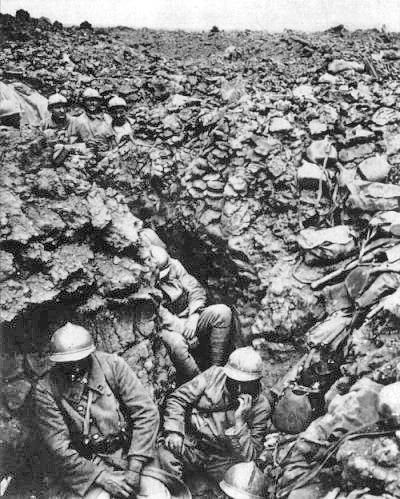
In one day, 2 million shells were fired on the French positions. As the fire was raging on and behind the French lines, 60,000 Germans attacked. The Germans expected to find demoralized and desorganized units but they encountered fierce and brave resistance from the French. As the French were trying anything they could do to slow down the German forces, it was looking more and more like Falkenhayn’s plan was starting to fail. Even worse, as the artillery fired more than 2,000,000 shells as previously stated, the ground was destroyed and it was very hard for the infantry to advance into this mayhem. Time was the key in this operation and every minute was important. It would later explain why the attack was a failure in the first days: the Germans were too slow to do capture anything strategic. The French could start firing back with their own artillery fire and reinforce the destroyed divisions.
The first few days of the battle were showing that the Germans advanced. But the main objective was to capture Verdun or at least a large portion of enemy land. The operation was a failure but the battle wasn’t over just yet…
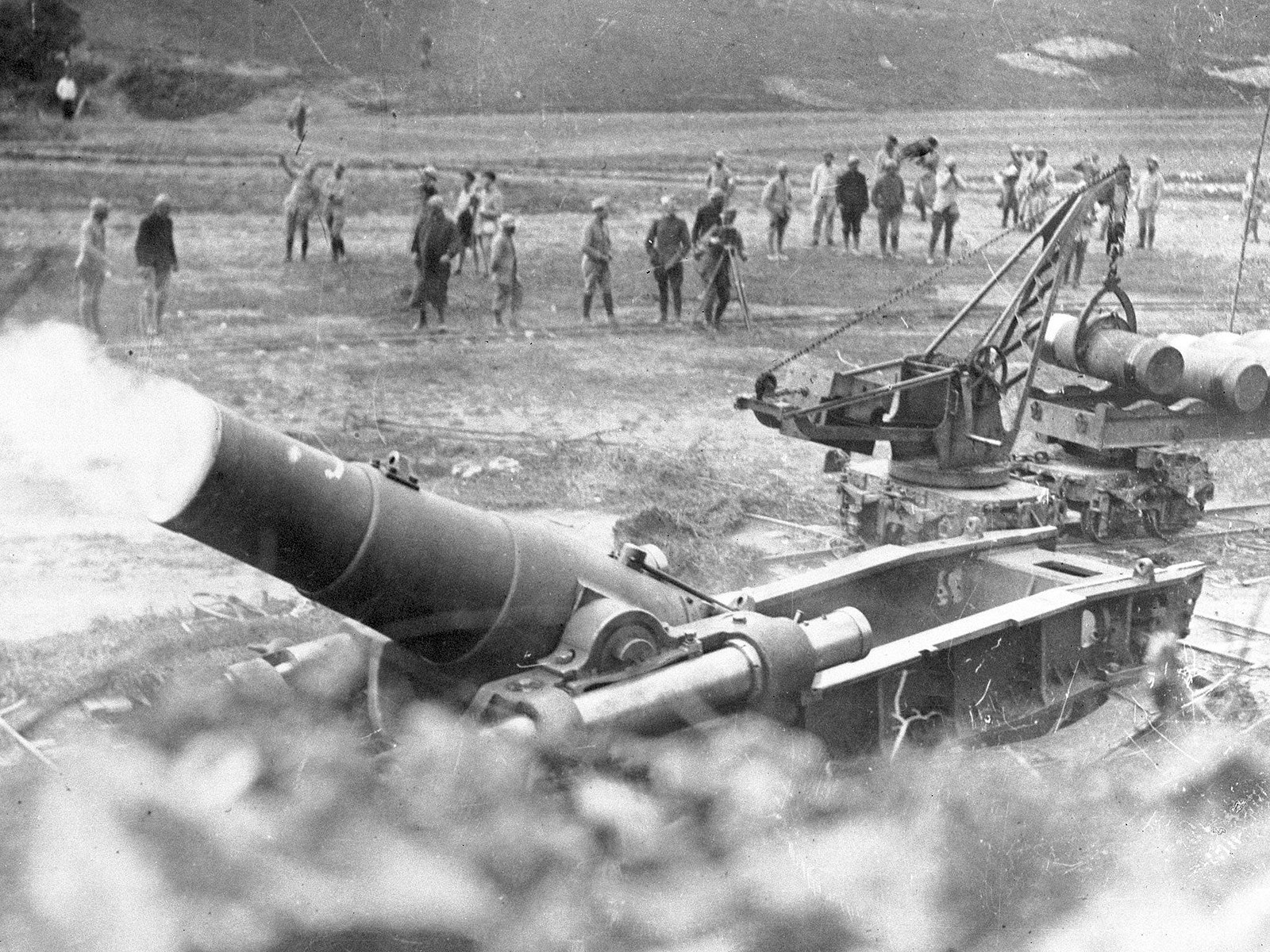
“Ils ne passeront pas!”
For several months, the battle of Verdun would looked as if the fires of hell would burn anything to the ground. Thousands upon thousands of men would die under artillery fire. The French General Staff under Philippe Pétain and Robert Nivelle would prove to be far more effective than the German leadership. The “Voie Sacrée”, a road made to reinforce the French positions, was one of the key factor of why the Frenchs managed to hold for so long. 90,000 men were transported across this road to reinforce the frontlines each week, and you can only imagine how many tons of supplies were shipped across this road.
Unfortunately for the Germans, the general situation of the war was not in their favor. The Russians started the Brussilov Offensive, the Somme Battle started during mid-1916 and the Italians were winning against the Austrians on the Isonzo.

The end of the Battle
The Germans couldn’t hold for long and as the Frenchs attacked to regain the territories they lost in February, they couldn’t do a lot to stop them. Thus retreat was the only solution for the German Army. They virtually gained no land for enormous casualties. The consequences of this battle were not that big for the war in the general but the world would remember the courage and the bravery of the French during this battle.
On the 21st of December 1916, all lost territory was recaptured by the French. The battle of Verdun was finished.
The Verdun medal
Created in late 1916 even before the end of the battle, the medal of Verdun was made for who we call in France, the “Poilus”. These soldiers, holding for several months under intense pressure from infantry attacks and heavy artillery pounding, held their ground. Around 70% of all the French soldiers that were engaged in World War I participated to the battle of Verdun.
The medal is very simple: A red ribbon with a French flag is supporting a bronze badge. On this badge, you can find the head of the Republic (a symbol of the IIIrd French Republic) and the famous sentence pronounced by Robert Nivelle: “Ils ne passeront pas”, translated as: they will not break through. It is relatively common medal to find but it was an immense measure of respect in the civil life. It was carried with pride to show that these soldiers participated in the biggest attack France had to suffer in its history.
You can still claim the medal today. If you have any relatives that do so for the last 100 years, and if you can show a certificate or anything that shows that a family member particpated in the battle of Verdun, you can officialy claim and get the medal as a show of respect for your relatives. So if you know anybody that has made through the hell of Verdun and that this person never claimed or was decorated, give it a chance!
Conclusion
The battle of Verdun wasn’t decisive in any way for the western front. Status quo was the outcome of the Battle, not much changed. Well, something did actually change: the morale of the French population. Enhanced by this defensive victory which was in the end costly for both sides, the Frenchs were now absolutely sure that the Germans would never break through ever again. In the end, the Germans broke through but the war was already on its way to the victory for France. The French morale couldn’t get down anymore after Verdun. Verdun was the starting point of victory, it was showing that it was possible for France to win. And they did.
Guest Contributor: Kjetil Vion is a writer and a history enthusiast. A passionate of France and modern military history, he has a special interest into the Prussian state, specially since the Sadowa battle against Austria. Always wanting to learn more, he now looks to spread his knowledge in history.

